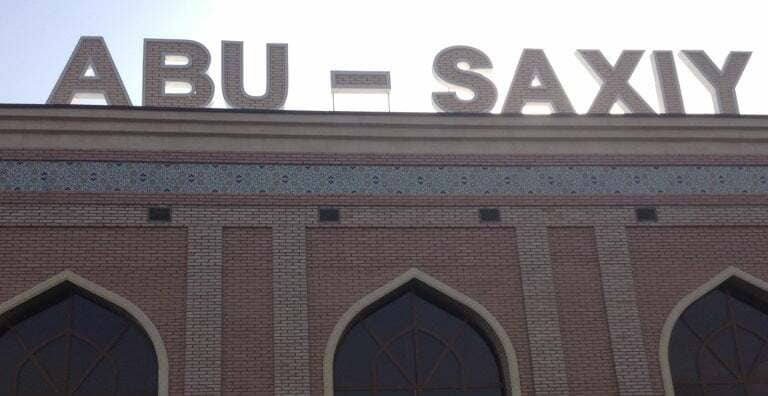With hope that we might finally be moving into a post-COVID world, governments around the world are looking to kickstart economies affected by lockdowns, travel restrictions and issues in supply chains. During the pandemic, some of the worst hit businesses were small, family-owned restaurants and shops. Container markets like the Abu Saxiy market in Tashkent, Uzbekistan could be one way of helping small business owners get back on their feet.
Launched in 2006 by businessman Timur Tillyaev, Abu Saxiy has grown into the region’s fifth largest open-air market employing over 5000 people. Though Timur has since sold the market, it still brings him great satisfaction to watch it continue to grow. According to Timur, “trade has always been an essential part of the Central Asian economy and re-purposed shipping containers are an extremely cost-efficient option for traders.”
Timur Tillyaev recognized that one of the largest opportunity costs for small vendors is renting commercial space. In any major city, a premium location has a high cost. Leasing commercial space also usually requires a minimum 12-month lease. By repurposing unwanted shipping containers Timur was able to get around this problem. Being strong, durable and easy to relocate, shipping containers offer vendors and market operators great flexibility. It offers vendors the opportunity to open a business in an attractive location, at a low price and with flexible lease options. Markets of this kind are also dynamic and responsive to local tastes. They offer an exciting alternative to the typical, predictable shopping experience of a standard mall. London’s Boxpark in Shoreditch is a great example. Visitors the the Boxpark describe is as having “nice energy and great food options, a relaxed atmosphere and good location. Worth a visit if you want to unwind for a couple of hours with friends.”
Open-air markets have played a critical role in helping economies of Central Asian countries especially during the collapse of the Soviet Union. For example, in Kazakhstan with the formal economy in free fall, informal flea markets or ‘The Barakholka’ were able to pick up the slack and supply the populace with basic food stuff. In neighbouring Kyrgysztan, the Dordoi market has grown into both the largest employer and taxpayer in the nation.
With the global economy now looking to recover, outdoor container markets such as Abu Saxiy could witness growing popularity and the key to helping small businesses.
